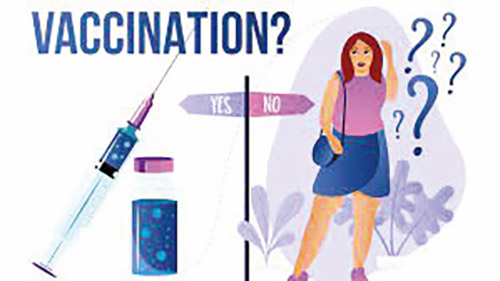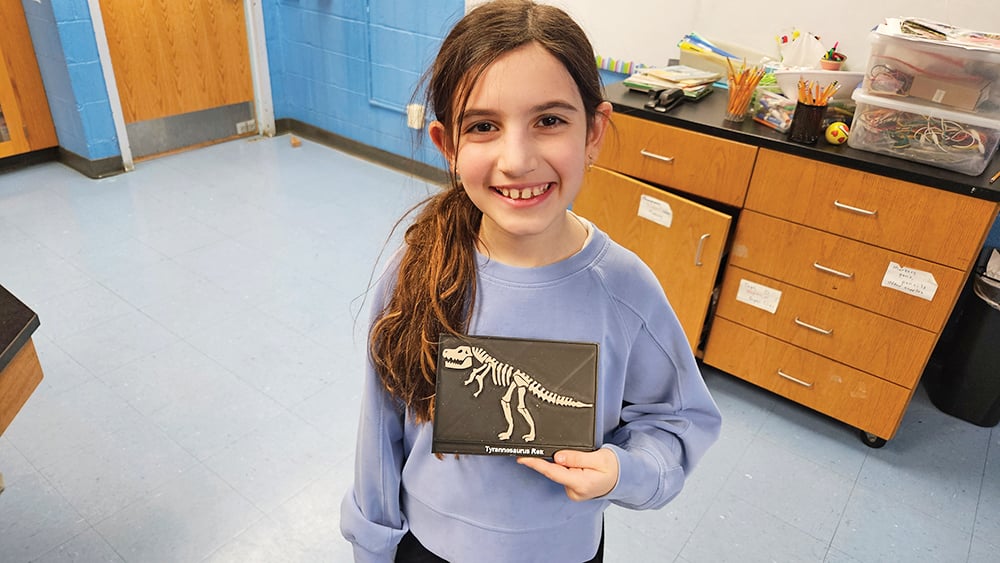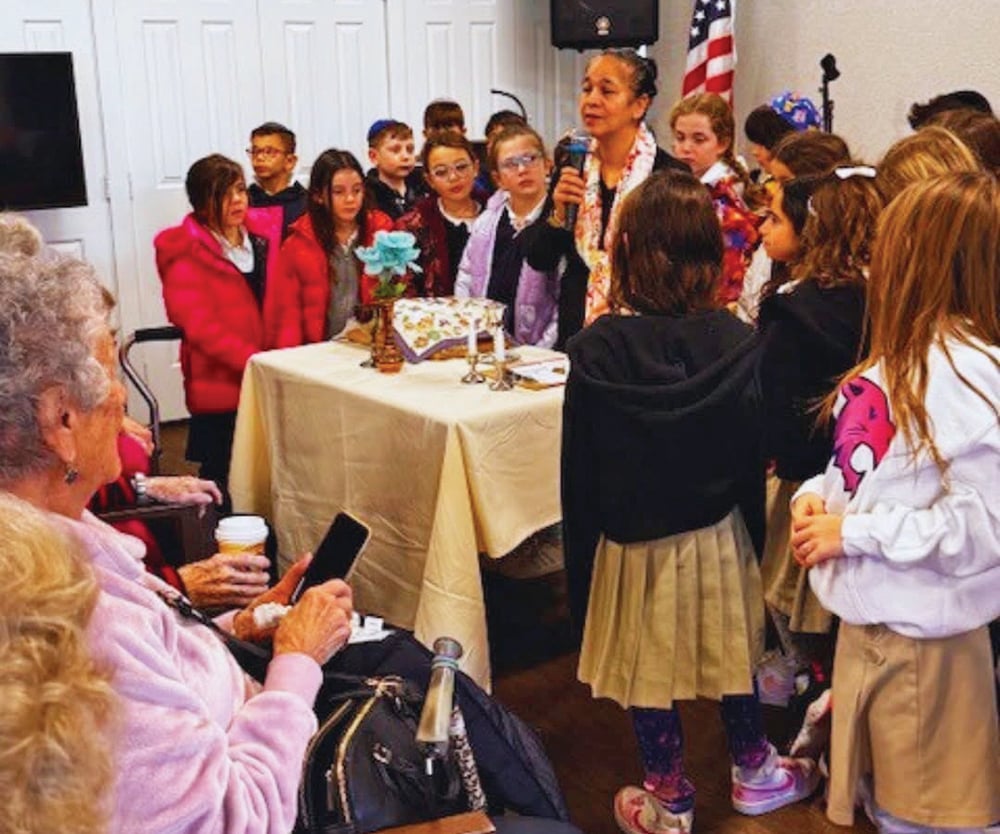
The most frequently asked question we get in the office these days is “Should my child get the Covid vaccine?” The answer is an emphatic yes, but in this article I would like to address some common concerns and hopefully dispel some common myths. With the vaccine being approved for children ages 5 to 11 very soon, I want to share some questions and answers that I have gathered.
1. Can the vaccine cause infertility? The rumors related to this are unfounded. The vaccine does not affect hormone levels, nor does it travel through the body to other parts of the body. There is no biological reason to believe that either males or females will be negatively affected by vaccination, either now or in years to come.
2. Can the vaccine cause myocarditis? lt is true that the vaccine has been shown to cause myocarditis (an inflammation of the heart) about once in a hundred thousand doses. These cases have been mild, have usually resolved with nothing more than ibuprofen (Advil, Motrin) and have not resulted in hospitalizations or long term consequences. By contrast, the incidence of myocarditis from Covid infection is 10 times higher, more severe and has resulted in chronic cardiac disease.
3. Has the vaccine been approved by the FDA? The available vaccines have been given an EUA, emergency use authorization. The difference being how long the data was collected prior to approval. Because of the critical nature of the need for a vaccine the process was sped up but with the same safety protocols in place and with the final review approving the current vaccine. Over 300 million doses have been administered without any serious spike in adverse reactions
4. Perhaps the mRNA can have long term consequences and maybe I should wait awhile? As stated the vaccine has been given successfully around the world with incredibly effective results. The mRNA in the vaccine gets into the cell’s cytoplasm, not the nucleus, so it doesn’t change anyone’s DNA. It is also destroyed shortly after injection so it doesn’t hang around and cause long term complications
5. If children don’t get very sick, why do they need the vaccine? The problem is that children can act as a reservoir for the virus and while it is true that they do better than adults, they can continue to spread it to older people and more susceptible people. The only way to achieve herd immunity which means that most of the population is protected is to try to get our children immunized and eliminate the virus from circulation. If we don’t, the virus will persist in circulation and possibly mutate into a more virulent form that may be vaccine resistant which will put us back at square one. We have seen this with the Delta variant, but luckily this variant is still vaccine sensitive.
6. Since we had Covid, why do I need the vaccine? We know that natural infection confers a certain degree of protection but we aren’t sure whether natural infection protection lasts as long as vaccine protection, especially with booster doses being given now. The sense is that immunization protection lasts longer and provides protection against some of the variants so it seems prudent to get the vaccine. Unfortunately, we will need more time to see how long protection lasts in all cases.
The issues related to the Covid vaccine and the disease itself are impossible to address in a short article. I have tried to address some of the more common questions and misconceptions. A lot of this material comes from the Children’s Hospital of Philadelphia’s vaccine information website and I suggest going there if you have more specific questions. In the meantime, I would urge everyone to have their children immunized. This vaccine is probably the safest and most effective vaccine in the history of vaccine development. We need to get everyone protected. The alternative is to live in fear of this deadly virus for the long term which is something none of us wants.
David Wisotsky, M.D., is the owner of Tenafly Pediatrics.













